Potty training usually starts when the child is between 18 months and two and a half years in the United States, but it varies worldwide. Many parents worry when their children are still in diapers beyond age 3. However, there can be delays or potential resistance due to various factors.
It’s not uncommon for seven-year-olds to prefer to be in their nappies. However, it’s vital to determine the cause to know if there’s a need for concern. It helps to discern if it’s due to a medical disorder, psychosocial issues, the child’s lack of readiness, or the parents’ actions.
Reckon there’s no need to seek immediate professional help. In that case, exploring various methods to help the child comfortably do the switch is best. Helping the children adjust without force is the top priority for parents and caregivers.
Why Your 7-Year-Old Is Still in Diapers
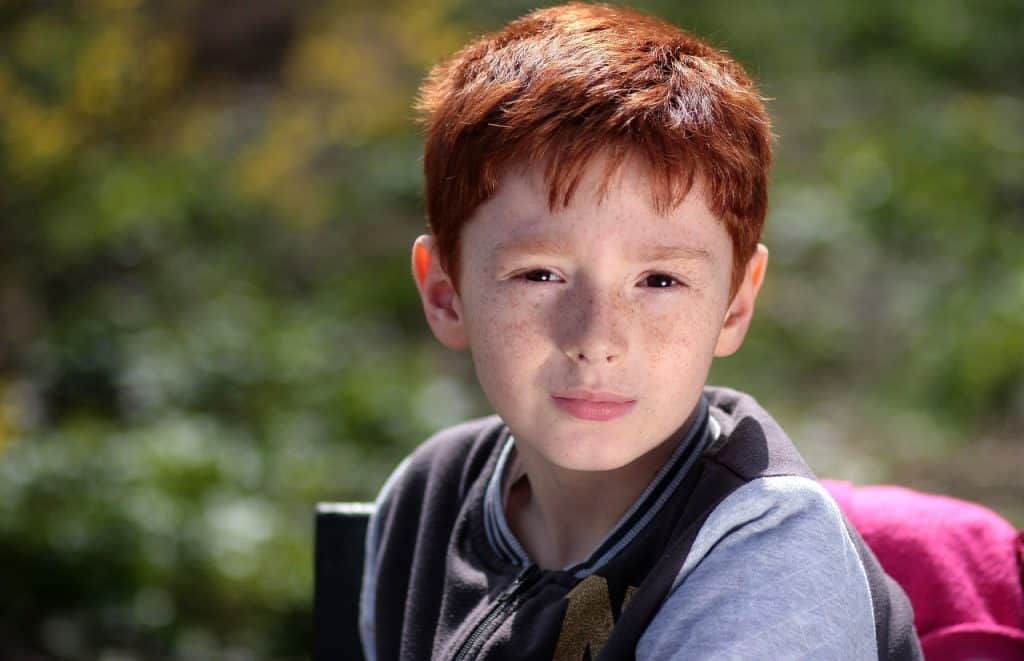
One of parents’ most frequently asked questions is about the right age to potty train their kids. Potty training is one of the children’s milestones and one of the most challenging stages for parents (first-timers or not).
The ideal period to start toilet training is between 18 to 36 months. However, it’s significant to note that it varies from child to child.
Some children start toilet training as early as 12 to 18 months. Meanwhile, some older kids need more time to adjust from diapers to potty. Various factors come into play, contributing to these differences.
Your Child Isn’t Ready
Suppose your seven-year-old is still in nappies and doesn’t show any interest in using the toilet. In that case, they might not be mentally ready yet (although they might physically be). Gently ask their thoughts on potty training and encourage them to make the change.
It’s worth emphasizing that each child is different, and the transition relies on their developmental readiness. Therefore, your kid should potty train only when they feel ready to switch and use the potty. Remember that the choice is theirs.
Your Child Isn’t Comfortable
One of the reasons why kids prefer diapers is because they’re more comfortable due to their soft material. If this is the case, parents should try other methods to make toilet training comfortable for their children.
Your Child Deals with Emotional Barriers
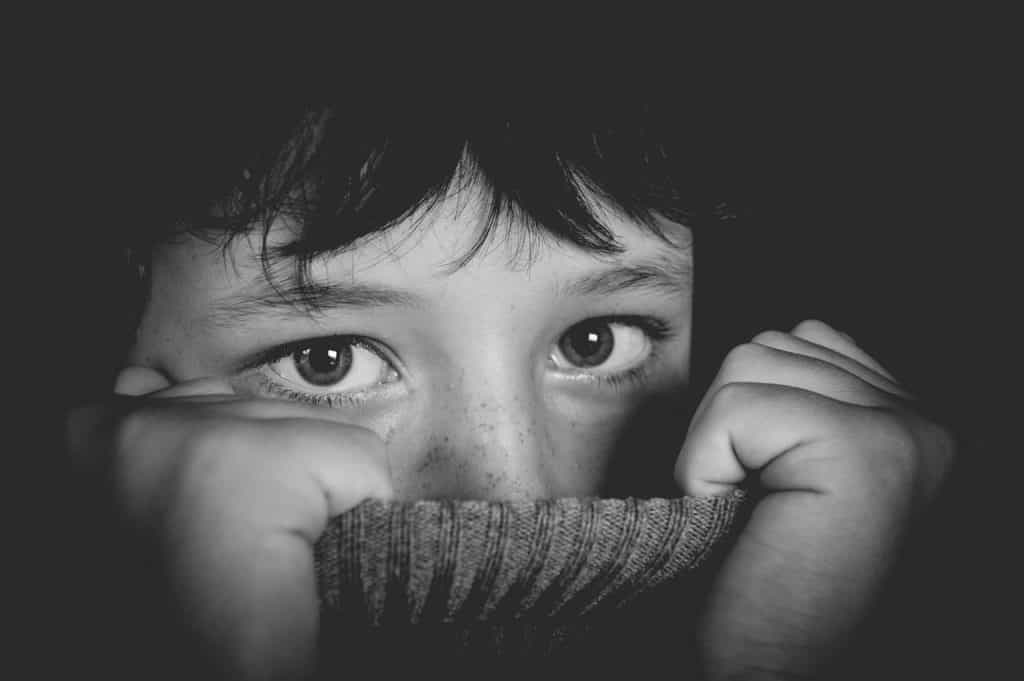
There are some instances wherein the child ditches diapers but suddenly seeks its comfort, disregarding the idea of potty training altogether. When regression happens, determine if your child faces changes that might be difficult for them to deal with, such as moving houses.
Losing a loved one or experiencing domestic discord might also be a problem. Having a new sibling or dealing with other people are some other possible instances that might be causing your child emotional distress.
It’s worth noting that what matters to your child might seem insignificant to you. Therefore, you must consider their needs, feelings, and emotions. In other words, your reaction as a parent is vital in toilet training.
Your Child Has a Medical-Related Problem

Your seven-year-old might still be in diapers due to underlying physical, intellectual, or developmental issues. Children on the spectrum usually change from diapers to potty later because it’s challenging to communicate their needs.
Consequently, children diagnosed with autism spectrum disorder (ASD) might get involved in more accidents during potty training. The same tends to happen to those with sensory processing disorder or SPD.
Assuming the above cases don’t apply to your situation, your child might suffer from frequent bowel movements, small or overactive bladder, or a urinary tract infection (UTI). If any of these rings a bell, consult your pediatrician to find long-term solutions.
It’s worth mentioning that a study shows that children potty trained before age two have a higher chance of experiencing daytime wetting and constipation issues. Therefore, parents should be more knowledgeable of the consequences of early toilet training.
Your Behavior Negatively Affects Your Child’s Developmental Readiness

Unknown to most parents, their actions and reactions regarding toilet training affect their children’s behavior and responses. For instance, parents who encourage their kids to use the potty and make diapers less accessible succeed more quickly than those who don’t.
Parents of older kids might appear frustrated, making their children even more anxious or afraid. Your kid is sensitive to your emotions, so remember that patience is essential. Be consistent when introducing the concept of potty training to your child and motivate them the right way.
When You Should Be Worried

To determine if the situation regarding your child’s delayed potty use warrants concern, you must identify the cause of the delay. The rule of thumb is that if your child shows no sign of wanting to switch at three years old, you must start questioning and planning.
Assess what possibly hinders your child from making the change. If they’re not ready or uncomfortable, determine what you can do to make the transition from diapers to potty accessible and comfortable.
On the other hand, suppose your seven-year-old child uses the potty during the daytime and wets the bed at night. In that instance, there might be no cause for alarm. According to a study, 5% to 10% of seven-year-olds in the US do this. However, you should be more concerned if they’re pooping in their sleep every night.
Consult your pediatrician if your child can’t switch to the potty due to a medical-related problem. A quick visit to the hospital might be necessary if your kid exhibits any of the following:
- Sporadic pee stream
- Rare or frequent urination
- No bowel movement in three consecutive days
- Blood in pee
What to Do If Your 7-Year-Old Is Still in Diapers
Look for Potty Training Signs
Presuming there’s no reason to seek professional medical help immediately, watch for signs that your child is ready for toilet training. Below are some actions and behaviors older kids do when inclined and willing to ditch the nappies.
- Your child wishes to try new things, exhibiting independence.
- Your child shows interest in using the toilet, unlike before when they resist the process.
- Your child removes their soiled diapers themselves or asks you to change them.
- Your child wants to wear underpants.
- Your child shows predictable bowel movements.
Give Toilet Training One More Try
If potty training fails the first time, don’t get discouraged. Give it another try, but make sure to use a different approach. You might find the tips below helpful during the process.
1. Keep the Diapers Out of Your Child’s Reach
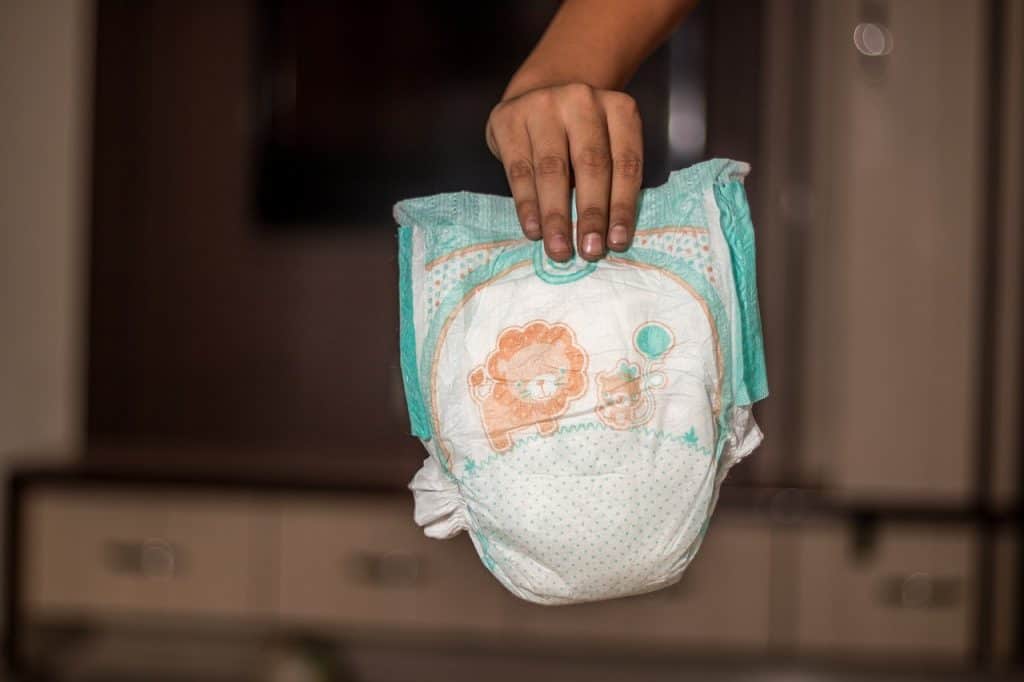
If you want to encourage your seven-year-old to ditch diapers, give them a clear message by making their nappies inaccessible. Doing so will help them realize that it’s time to use the toilet, making them venture out of their comfort zone.
Remember not to give in when they request diapers. Yielding to their every whim will make your previous efforts go to waste and contribute to more struggles. Expect tantrums and learn to manage them instead of delaying toilet training.
2. Take Off Training Pants or Pull-Ups Immediately After Waking
Children use training pants or pull-ups when transitioning from diapers to underwear. They’re absorbent, making them useful when accidents happen. Although these are helpful training tools, your seven-year-old shouldn’t rely on them and must take them off soon after waking.
3. Give Your Child a Potty-Training Crash Course
Sometimes, parents need to reestablish their child’s learning pattern. One way to do this is by giving them a toilet crash course. Through this activity, your child can also ask questions they might not have had the chance to ask.
4. Talk to Them About Their Fears
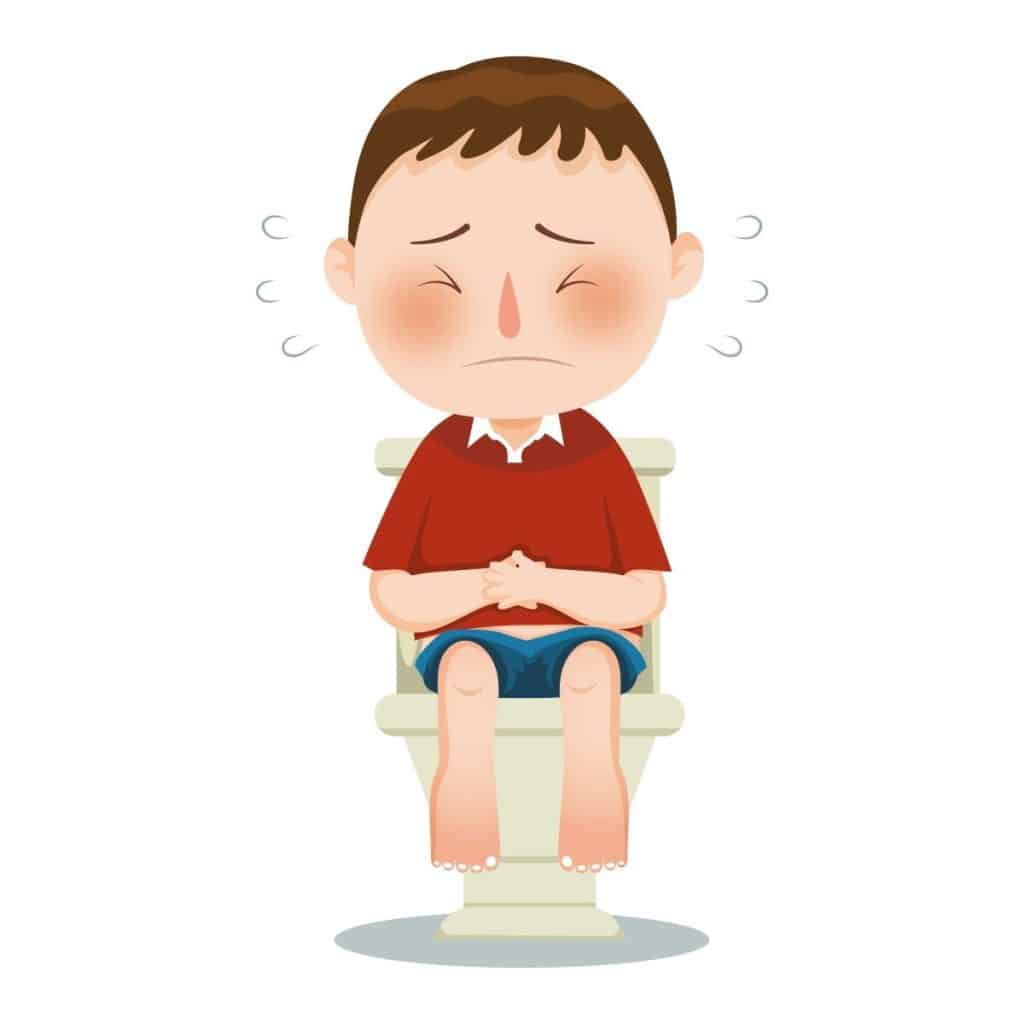
Your seven-year-old might hesitate to use the toilet if they’re afraid of it. If this proves to be the case, do your best to reassure them. Demonstrate how using the potty is safe, fun, and a way to make them more independent.
Older kids can communicate better than toddlers, so use it to your advantage. Listen to their concerns and take the appropriate measures to address them. Only by doing so can your child feel comfortable and confident to make the switch.
5. Don’t Plead or Compare
Pleading your child to switch from diaper to potty gives them the idea that they’re in control, making renegotiating even more challenging. Similarly, comparing them to their siblings, relatives, or peers who use the toilet can make them insecure. Therefore, avoid doing these.
6. Make the Process Easier
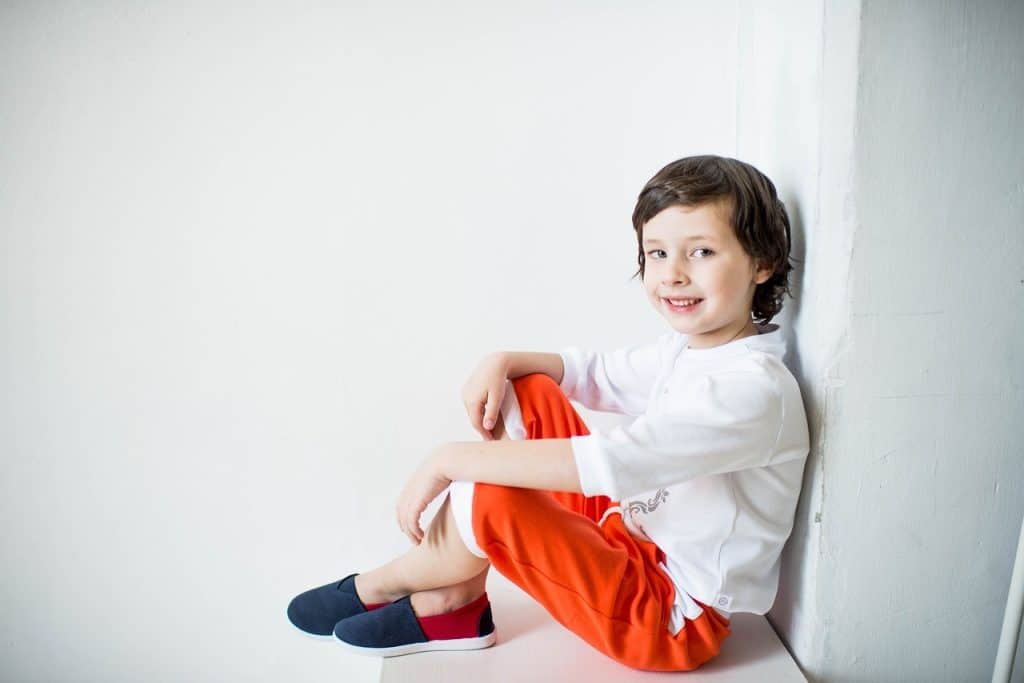
When potty training your older kid, get rid of all the inconveniences. Dress them in basic clothes they can do and undo themselves. Avoid one-piece outfits that might hinder them from doing things independently.
7. Follow a Routine
Some children benefit more when sticking to a routine, and your seven-year-old might be one of them. A daytime and bedtime routine will help your child gain a sense of accomplishment. It also helps your child establish expectations, reducing stress and anxiety for everyone involved.
You can start by creating an after-meals toilet schedule. Encourage your older kid to sit on the toilet for 15 or 20 minutes after every meal. You can adjust the duration depending on your child’s usual bowel movement time.
Set a potty-time timer when establishing this routine. Help your older kid sit on the toilet regardless of whether they have a business to do or not. A couple of minutes would suffice, especially if they don’t feel like going in the first place.
8. Make Potty Training Fun
You can do various things to make toilet training enjoyable for your kid. Some parents use a reward system, giving their children a board they can fill with stars for a job well done. Others grant their kid’s wish to buy a new toy or go to a place they want to visit.
9. Use Positive Reinforcement
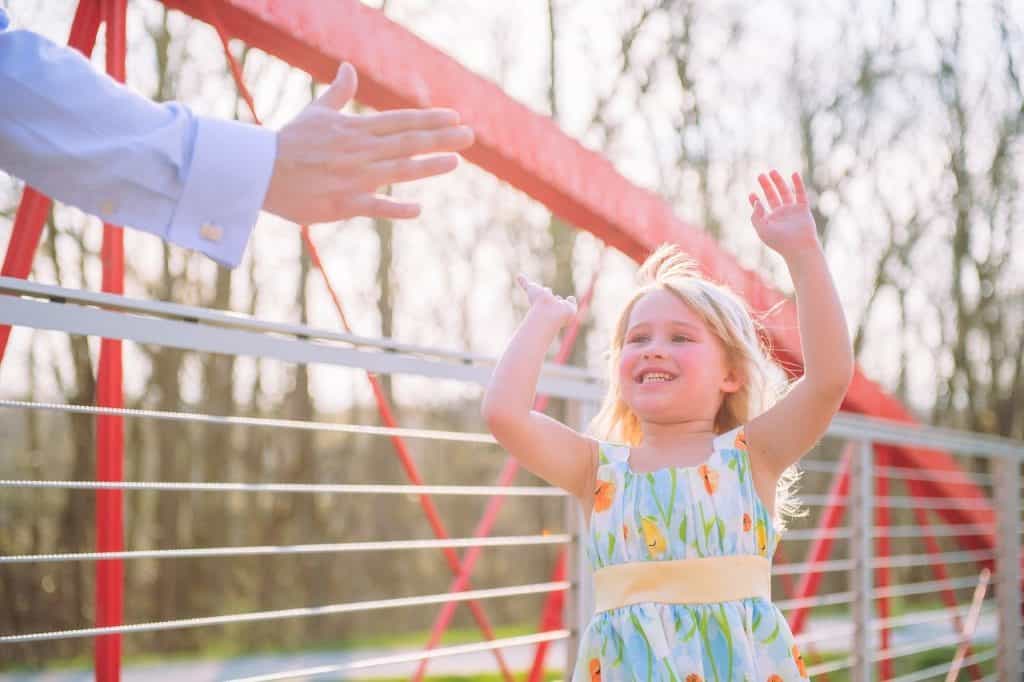
Many parents tend to consciously or unconsciously shame their children for not succeeding in potty training. Often, such behavior discourages children from using the toilet, leading to lower self-esteem. They become more anxious, prolonging the process further.
As mentioned earlier, potty training is challenging for both parents and children. Although it’s inevitable for the parents to become frustrated at one point, it’s best to encourage the children and show them that they can do things at their pace.
Creating a positive environment is crucial for children. Reward them when they do well, and they’ll surely try harder and cooperate with you better. Remember that praises can do wonders because they make both the giver and receiver motivated and happy.
Final Thoughts About 7-Year-Olds in Diapers
Your seven-year-old would need all the help they can get to feel more confident transitioning from nappies to potty. Showing them patience and understanding and giving them your undivided attention will positively impact their toilet training.
As stated above, potty training usually occurs between 18 and 30 months. However, it’s significant to note that many factors can come into play that’d show otherwise. After all, every child has different needs, circumstances, and experiences.
If the above methods don’t work and you think there’s a need for concern, don’t hesitate to visit your child’s pediatrician and ask for advice. They’ll be able to provide you with suggestions or a proper diagnosis.